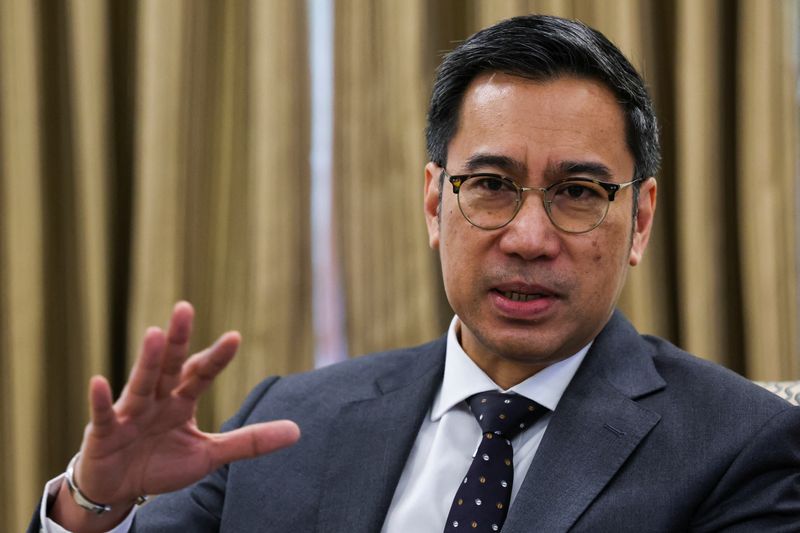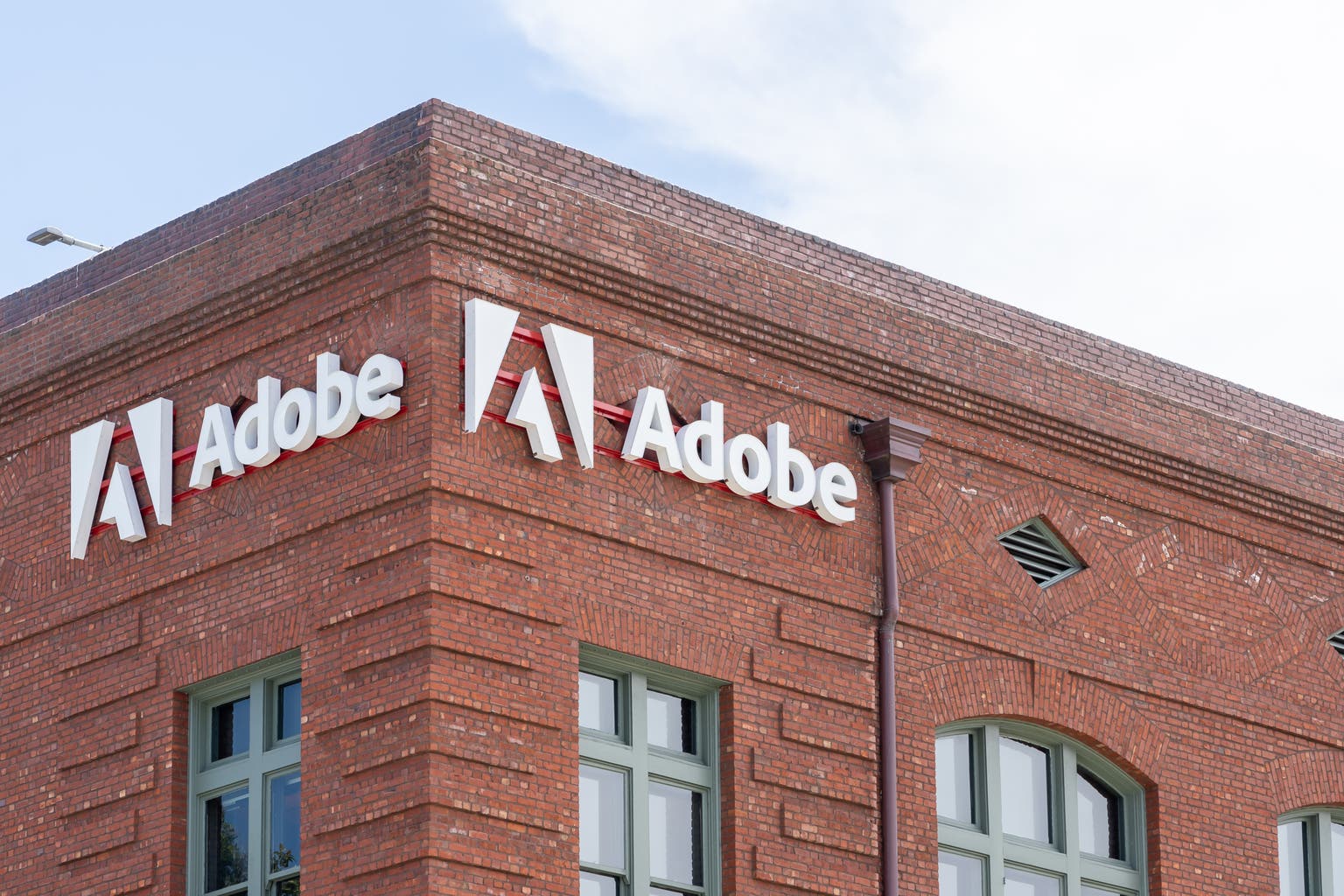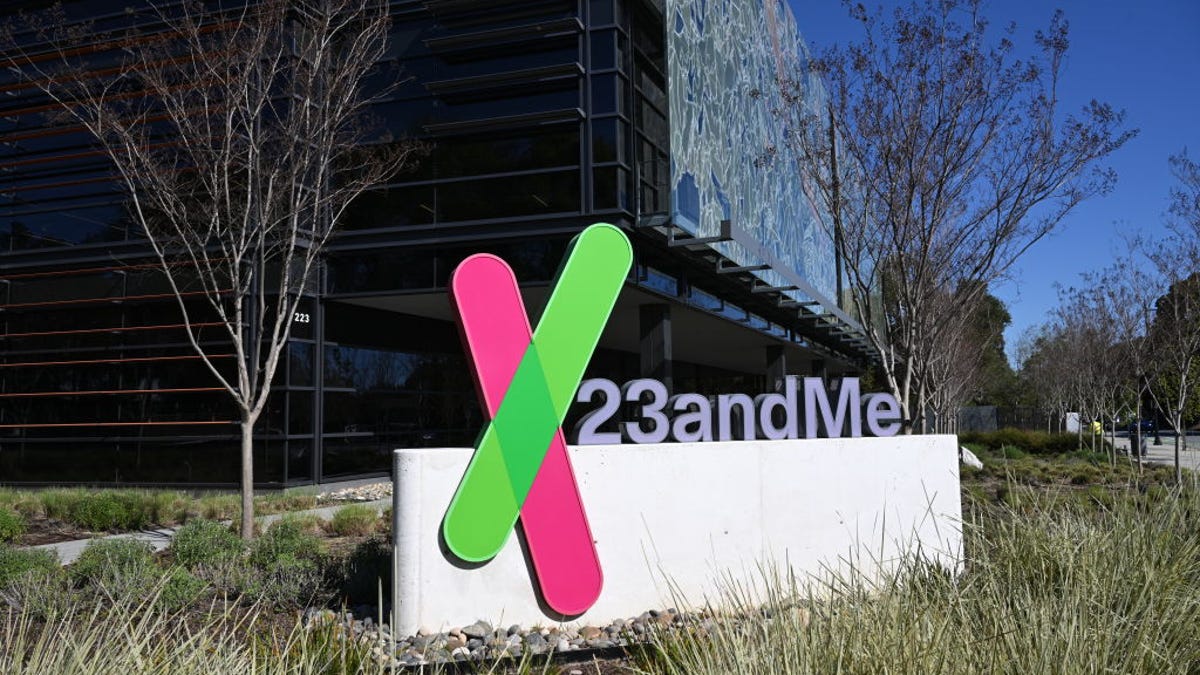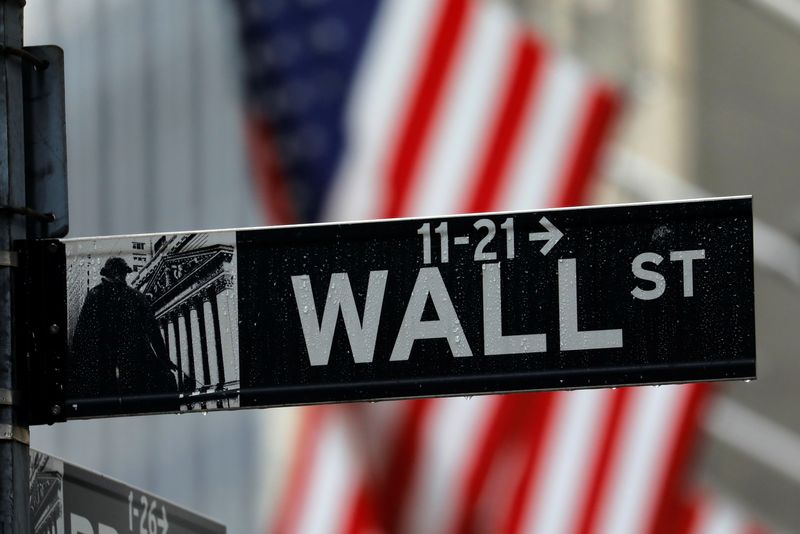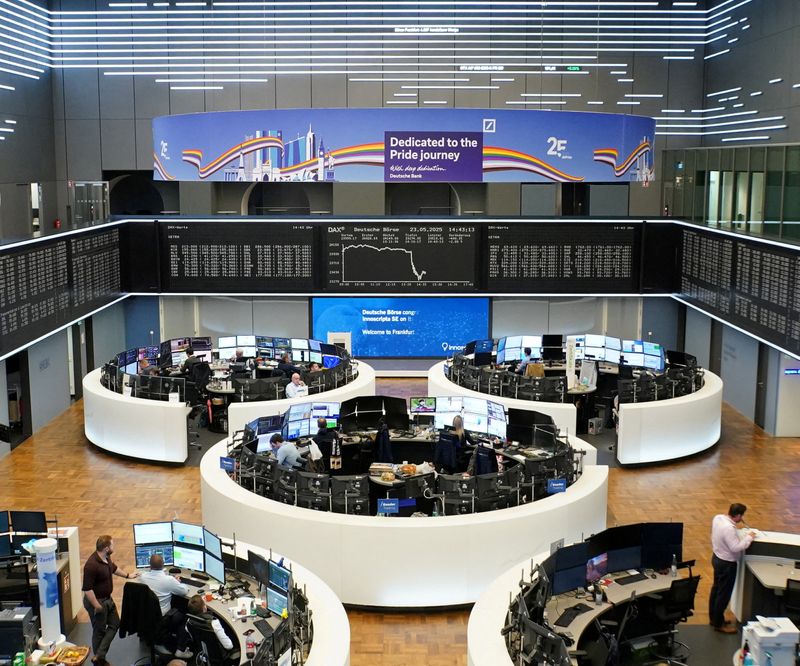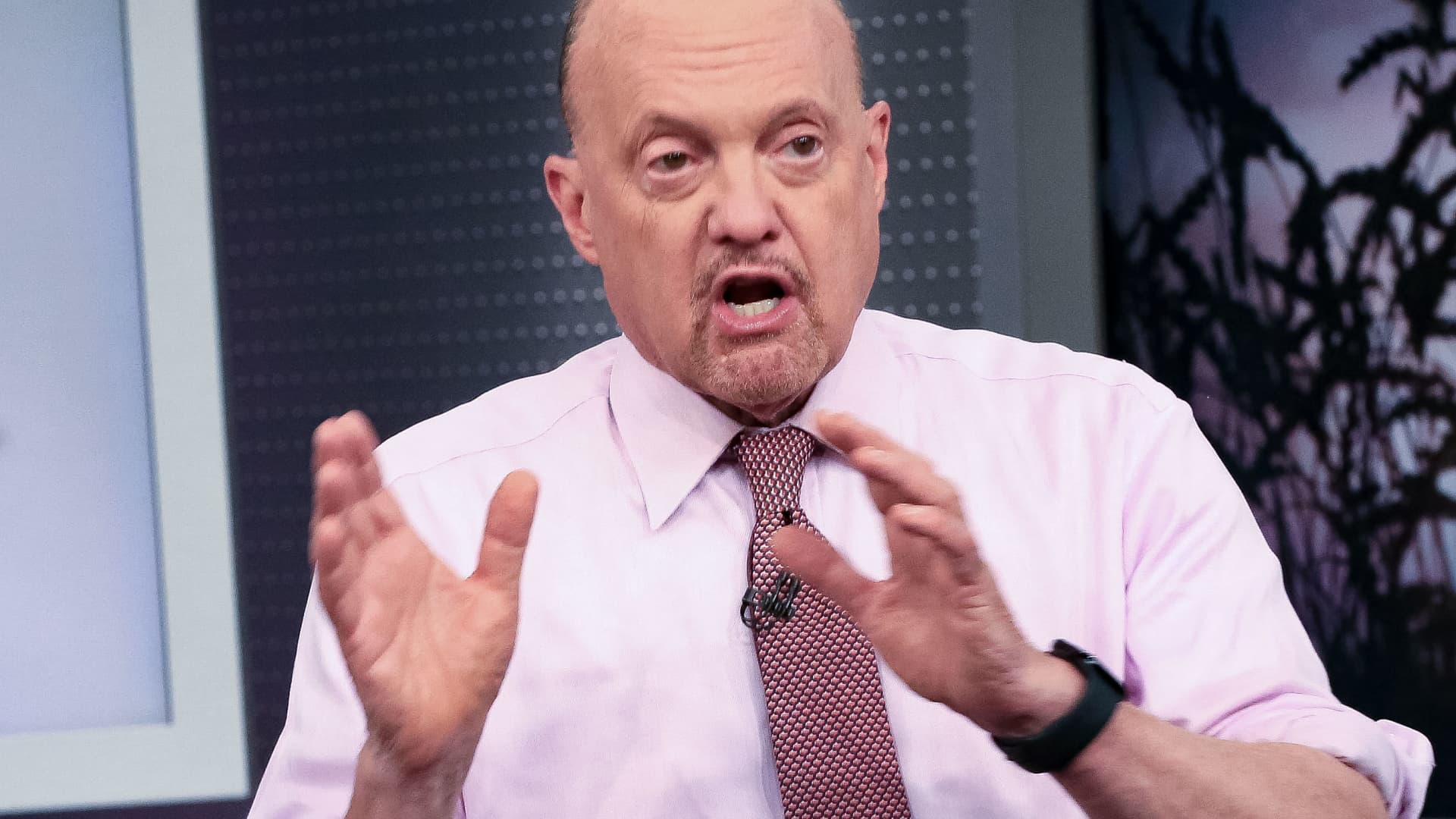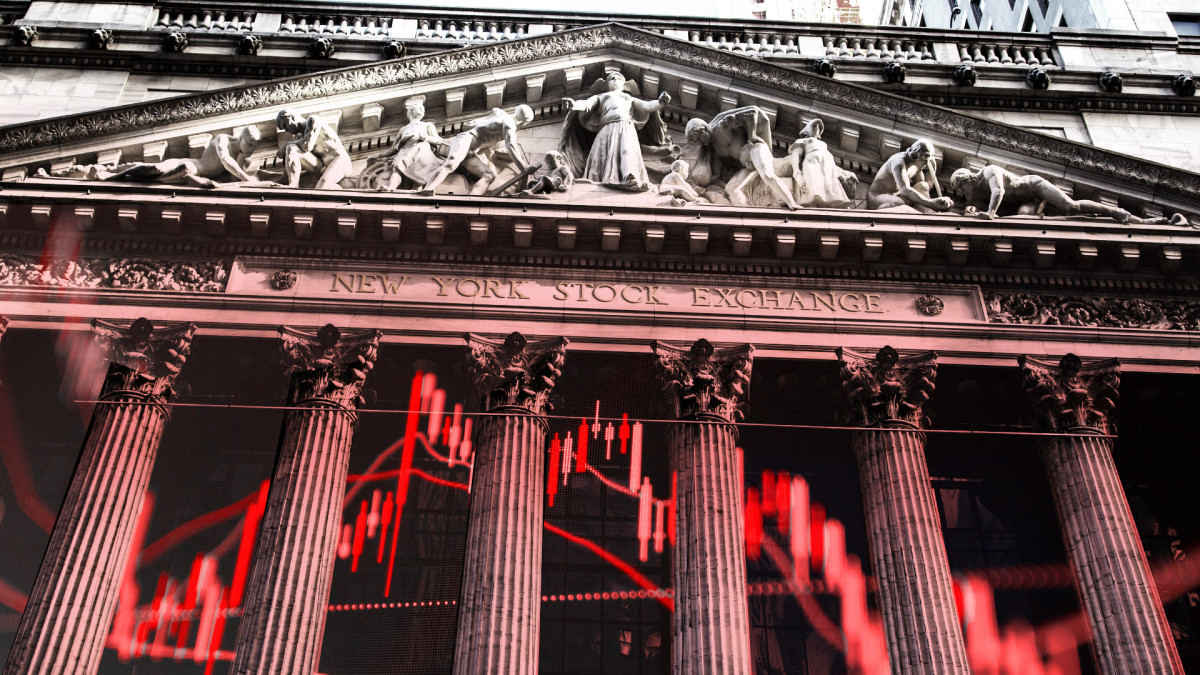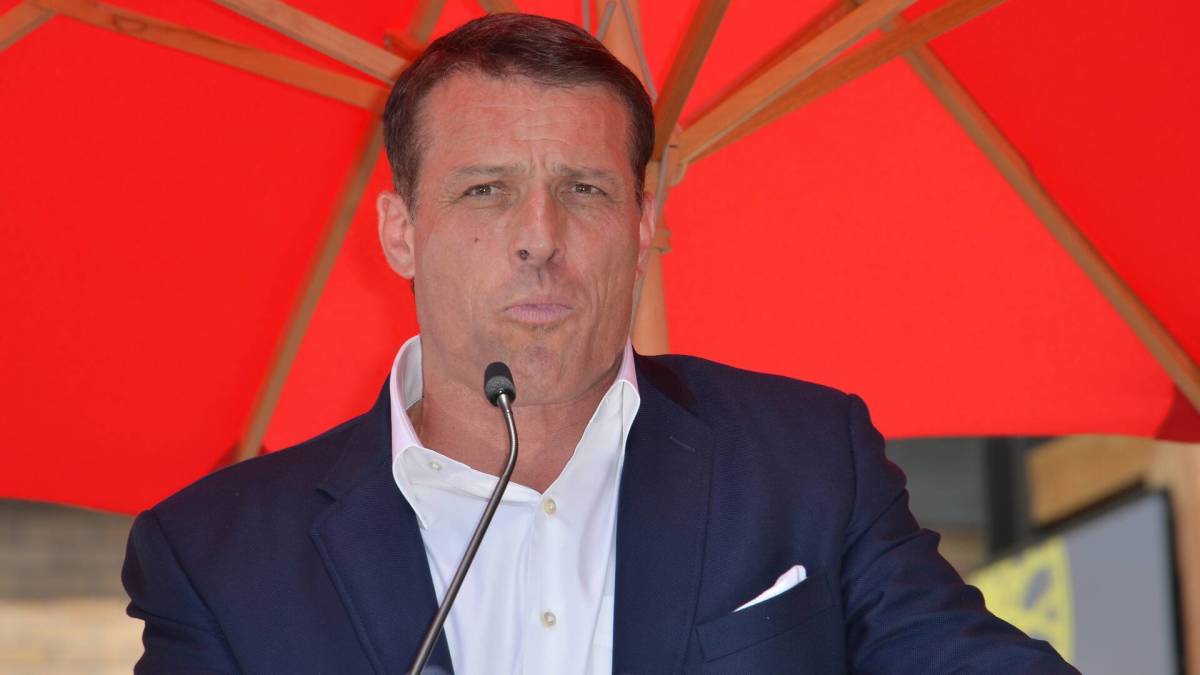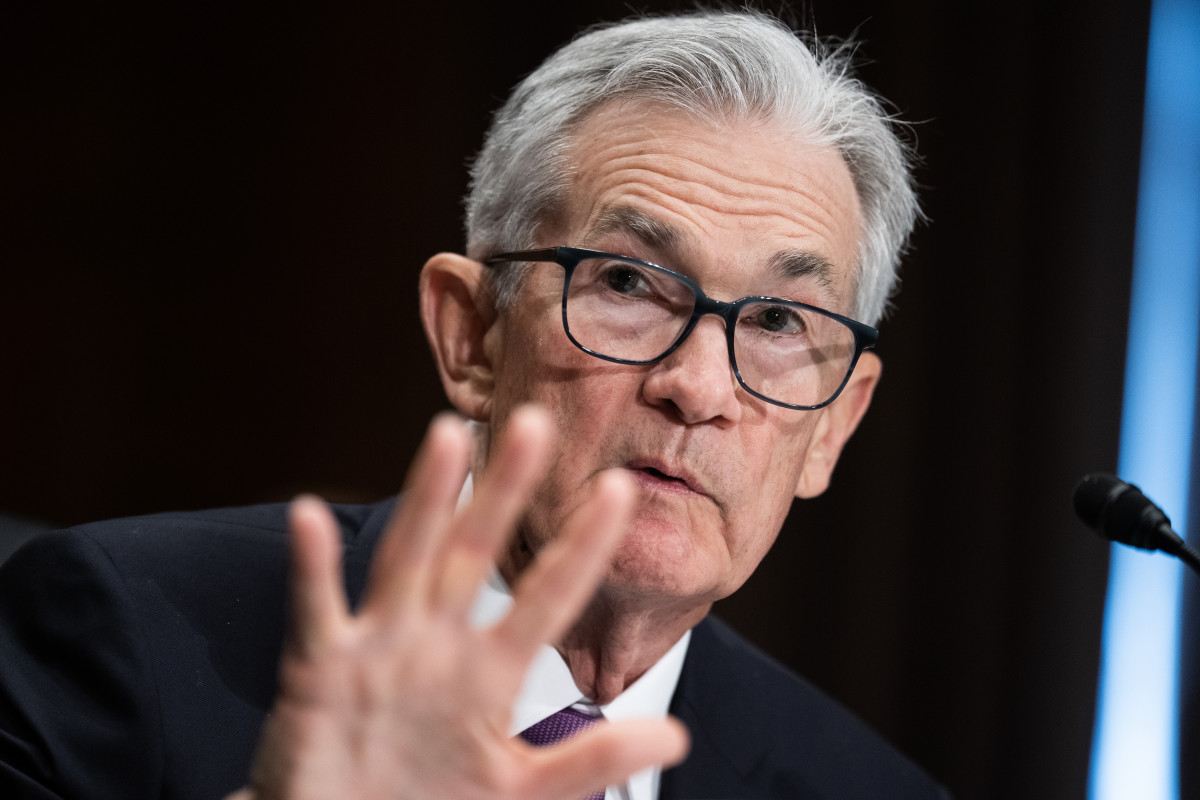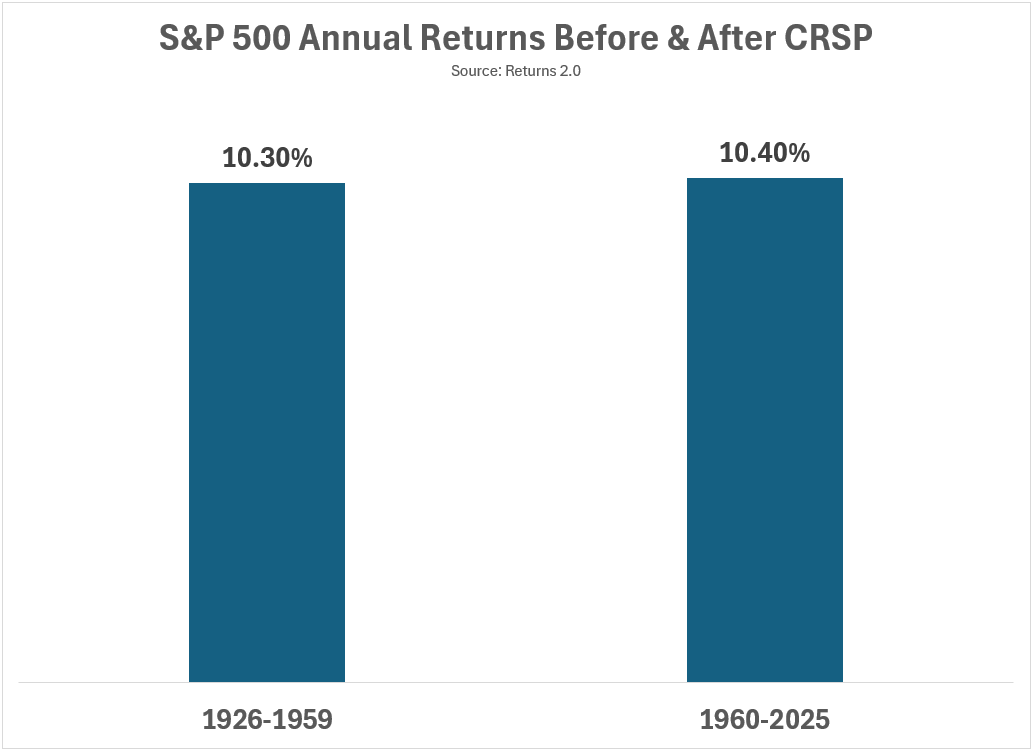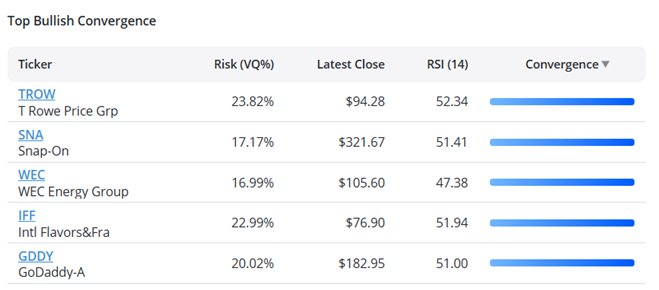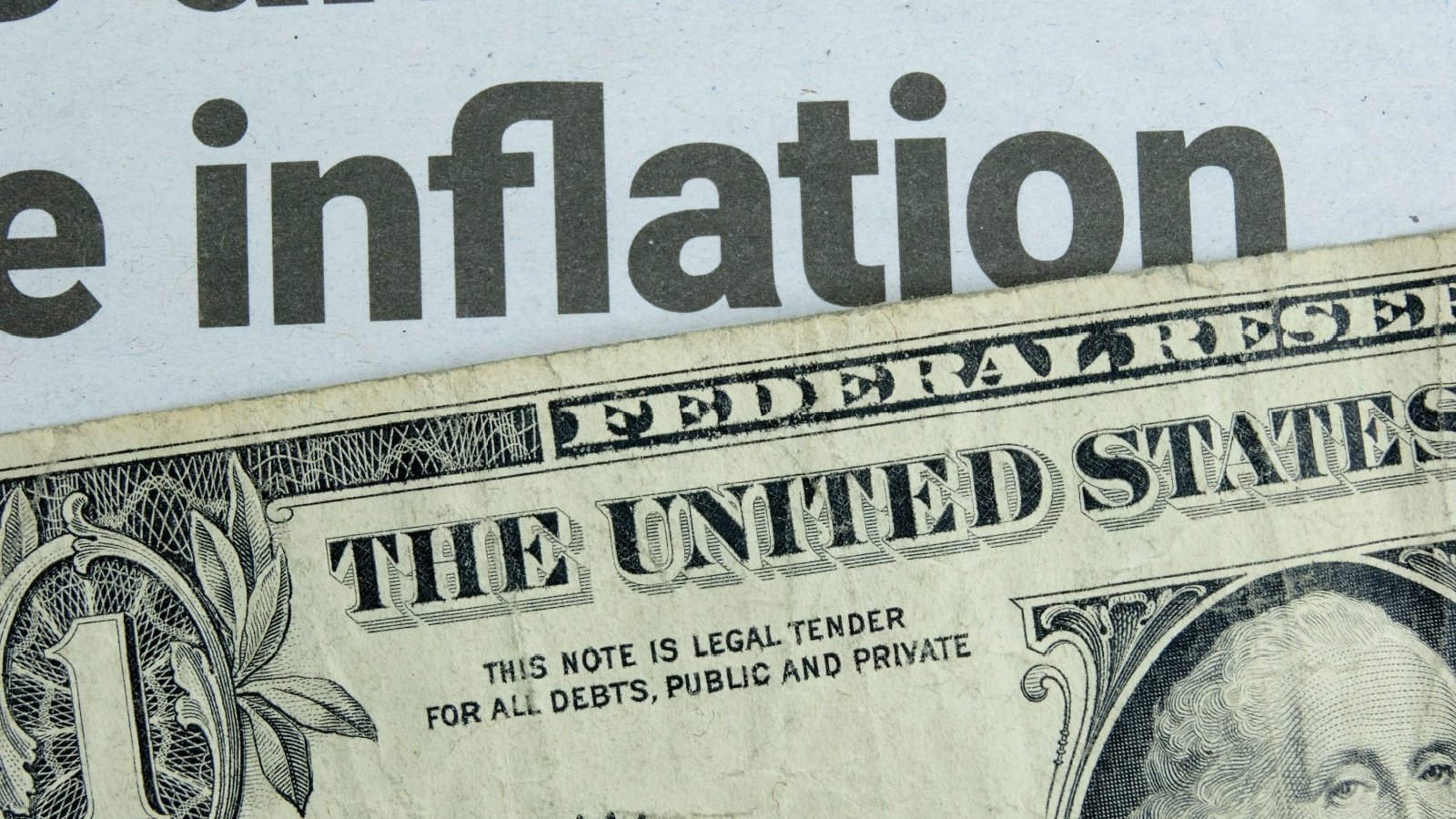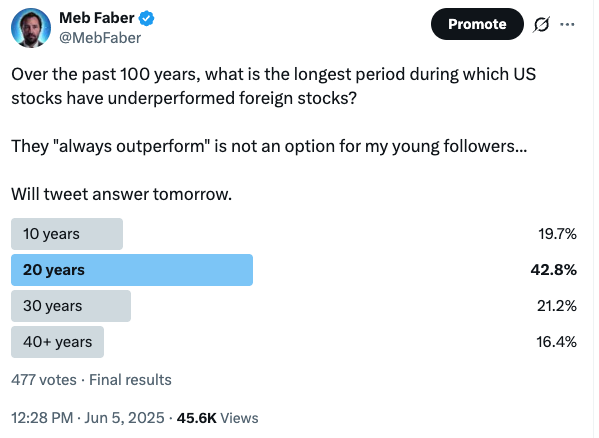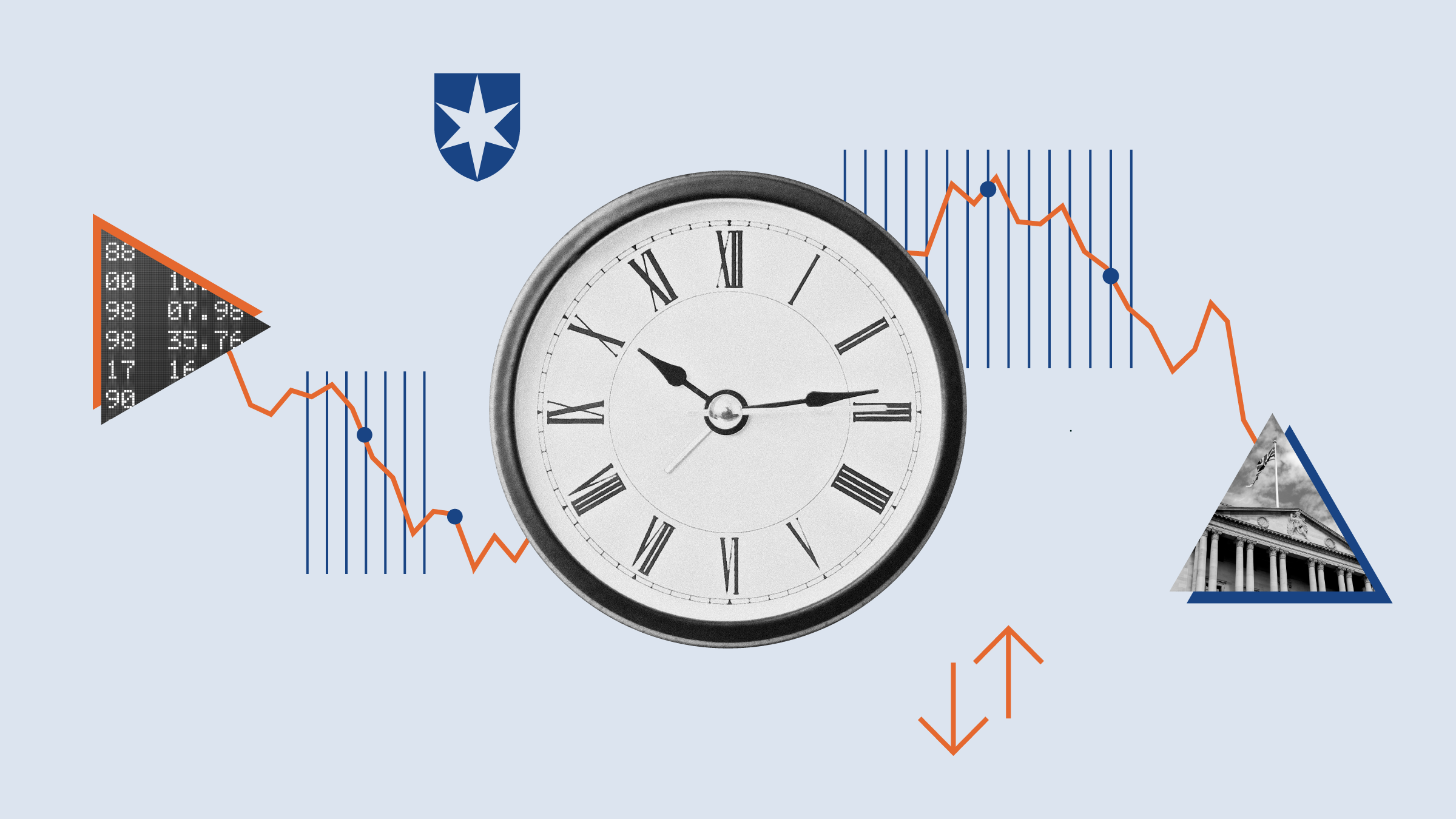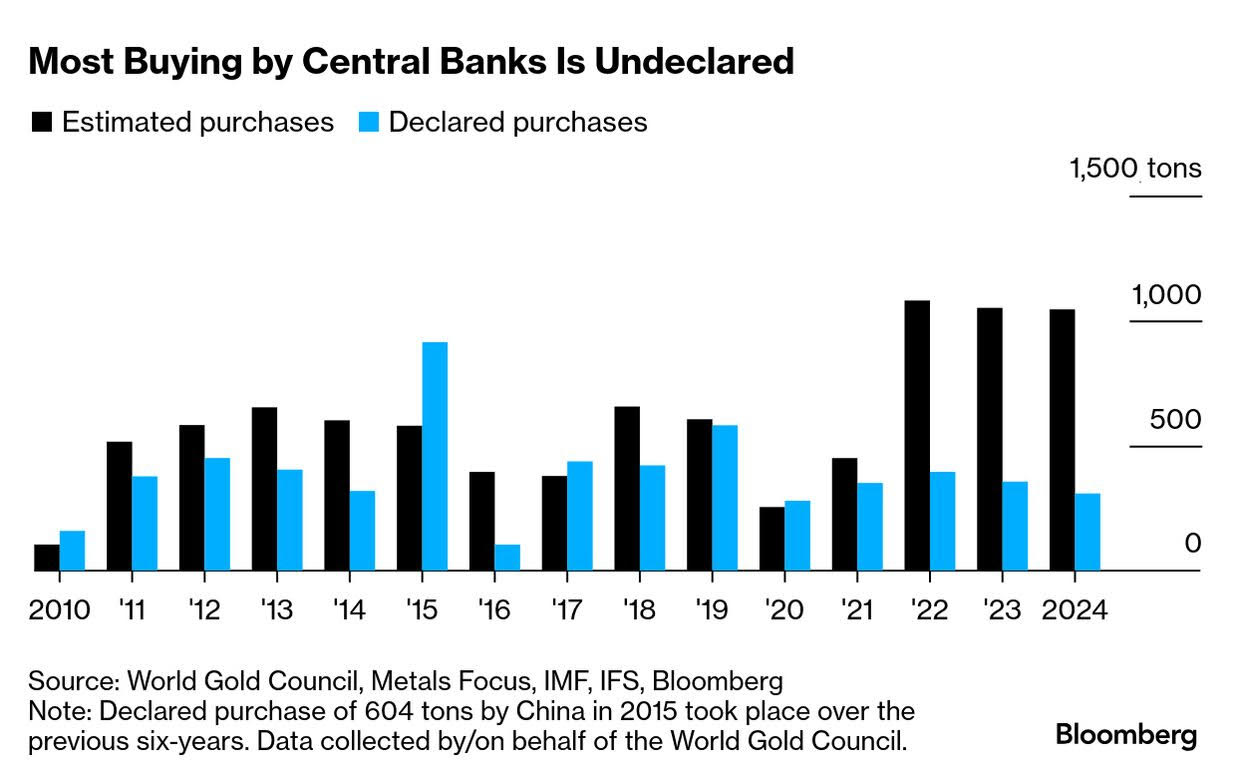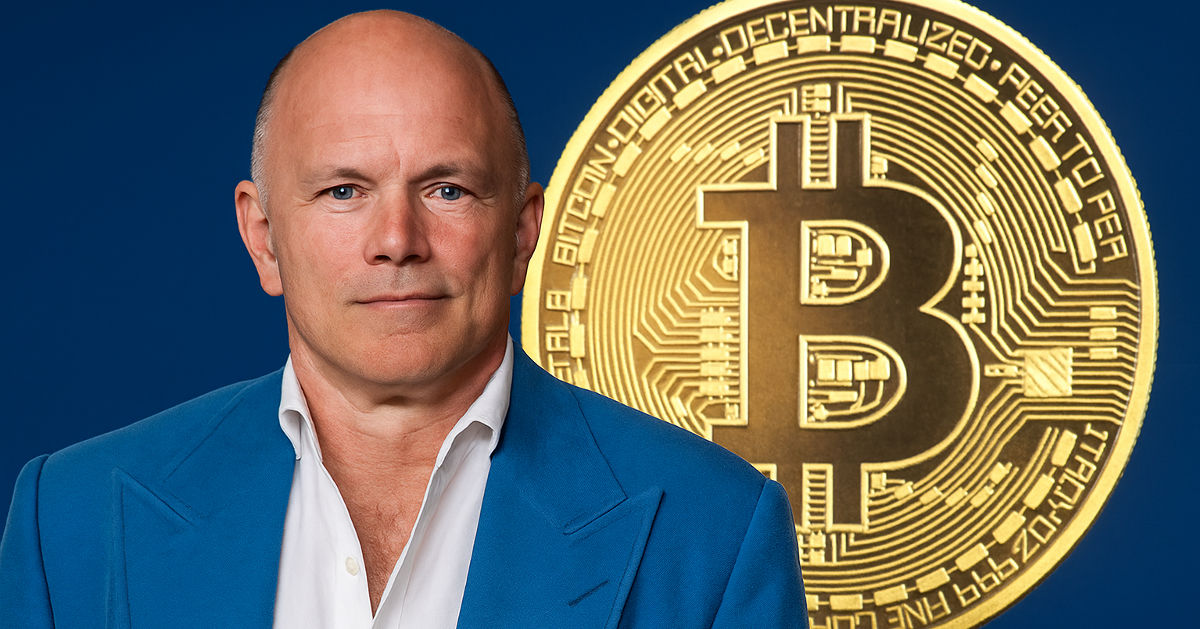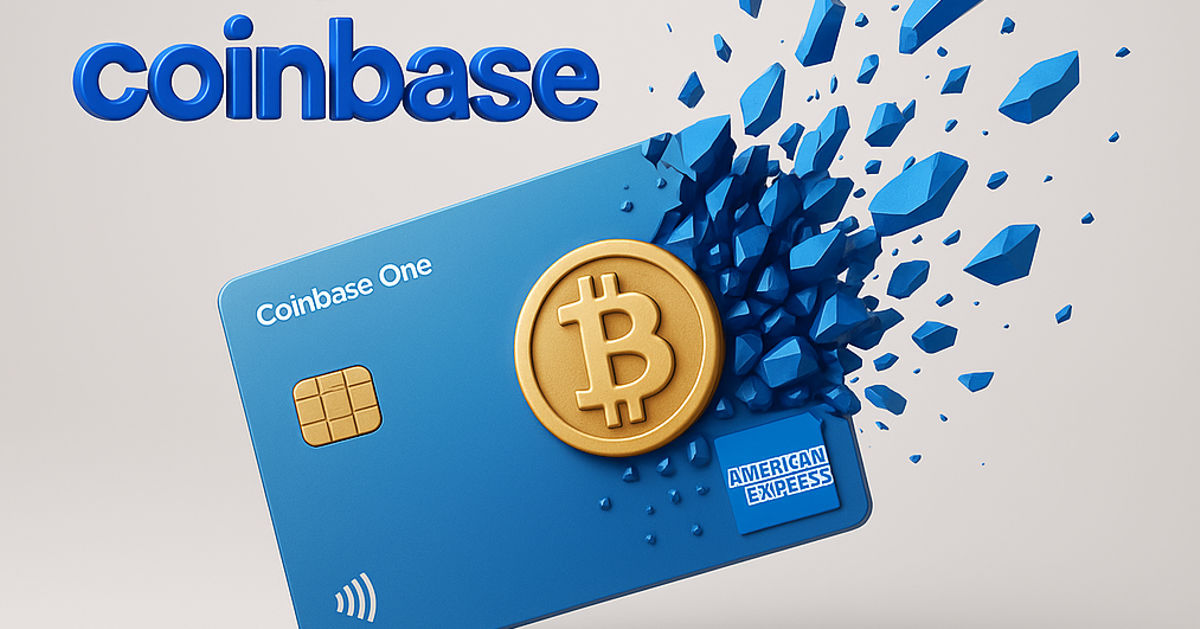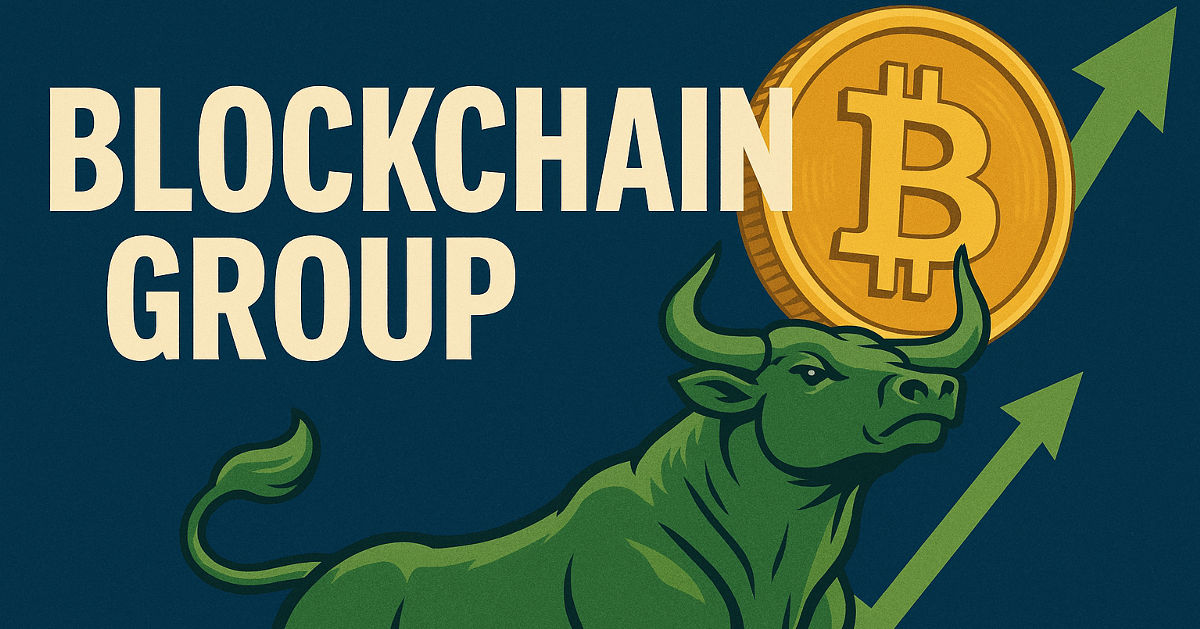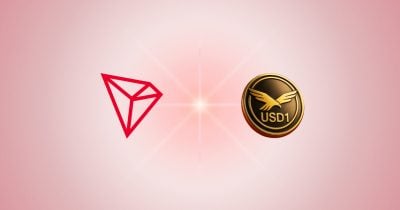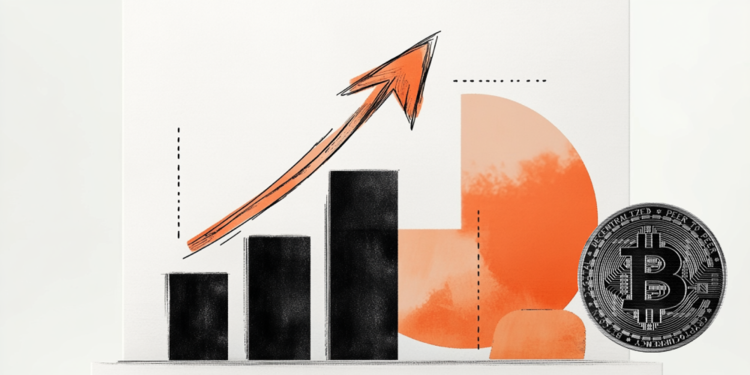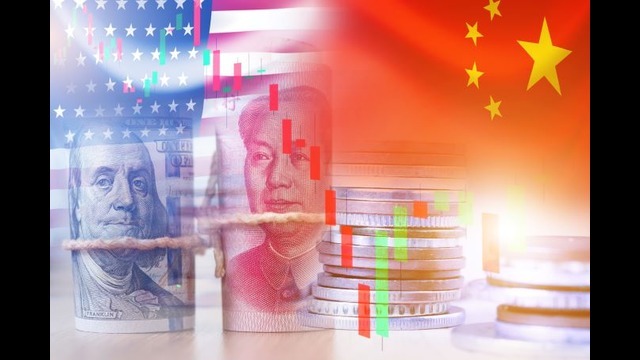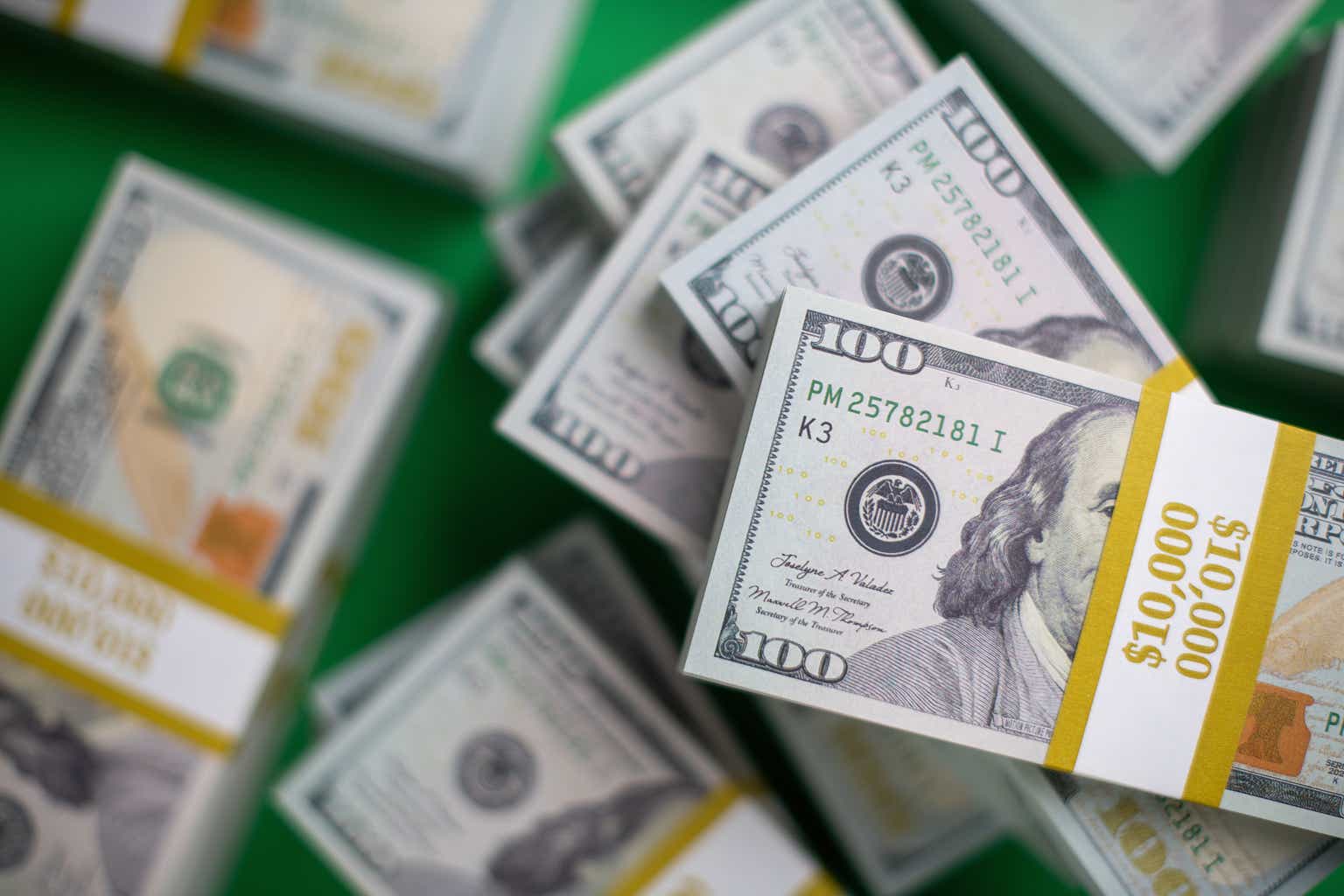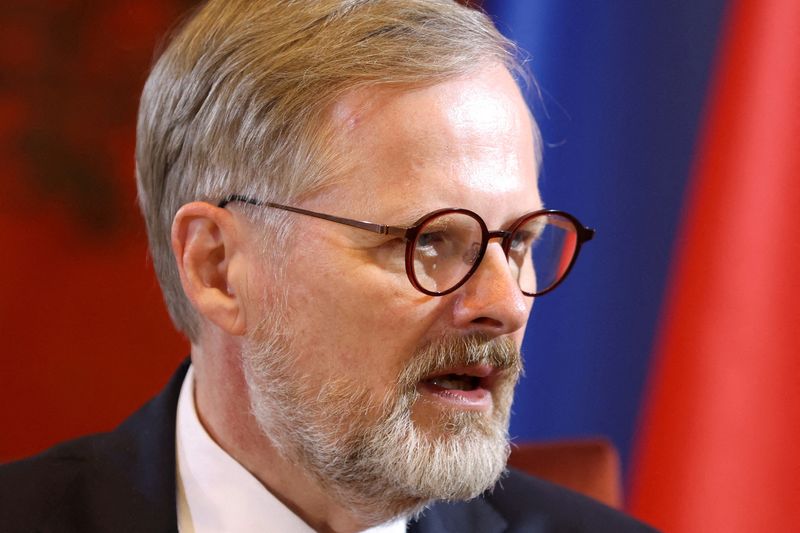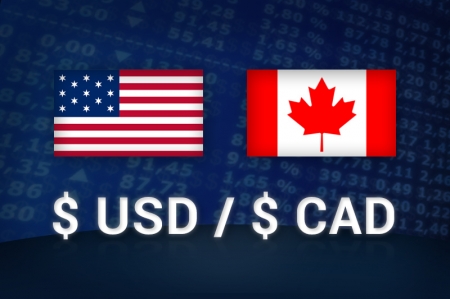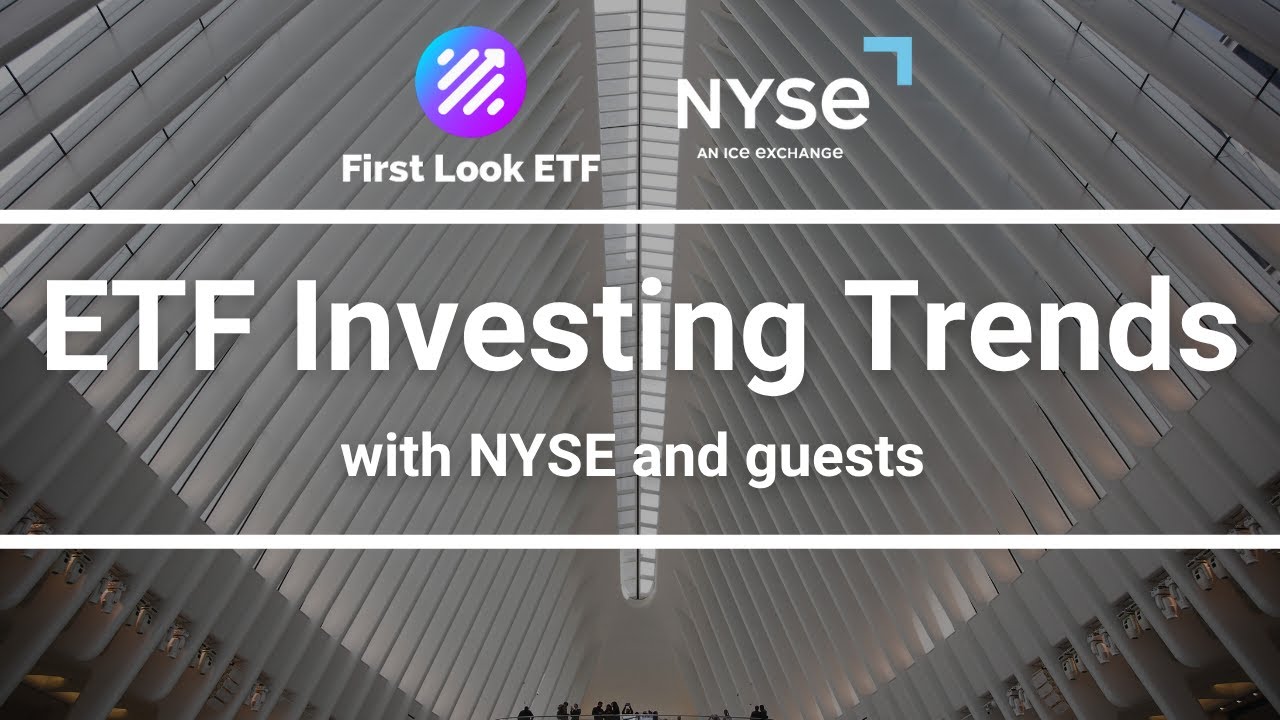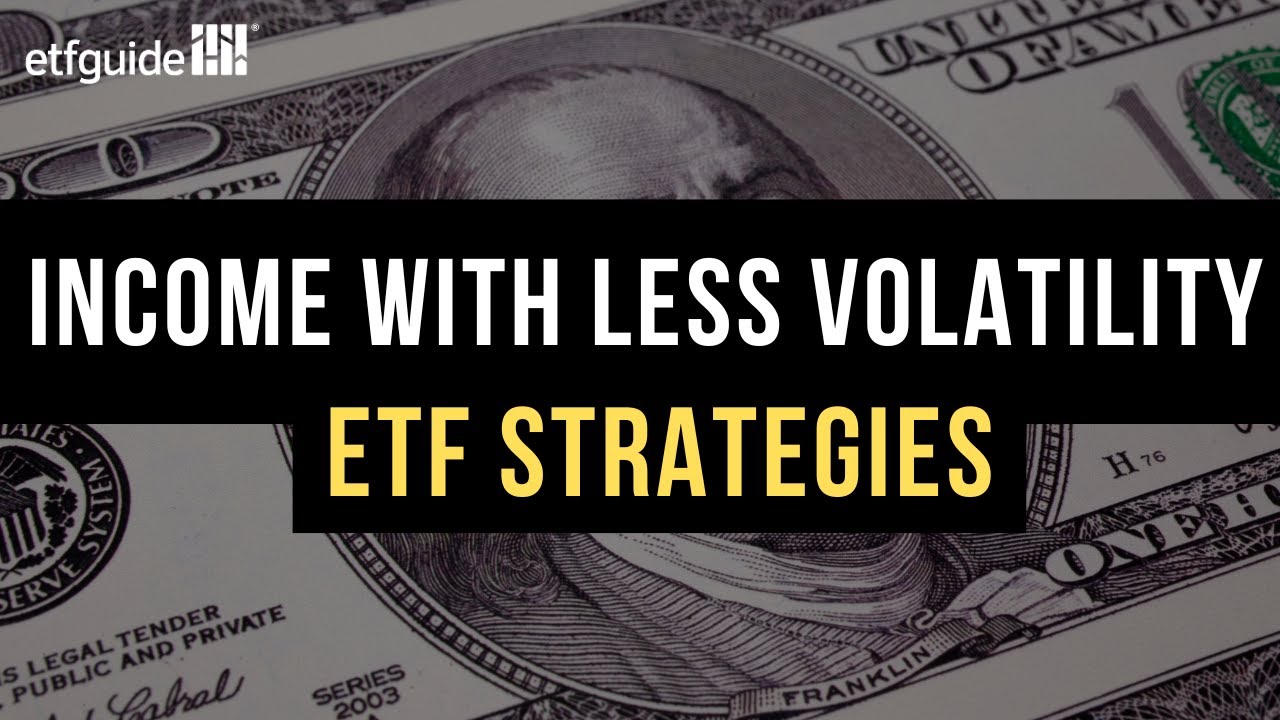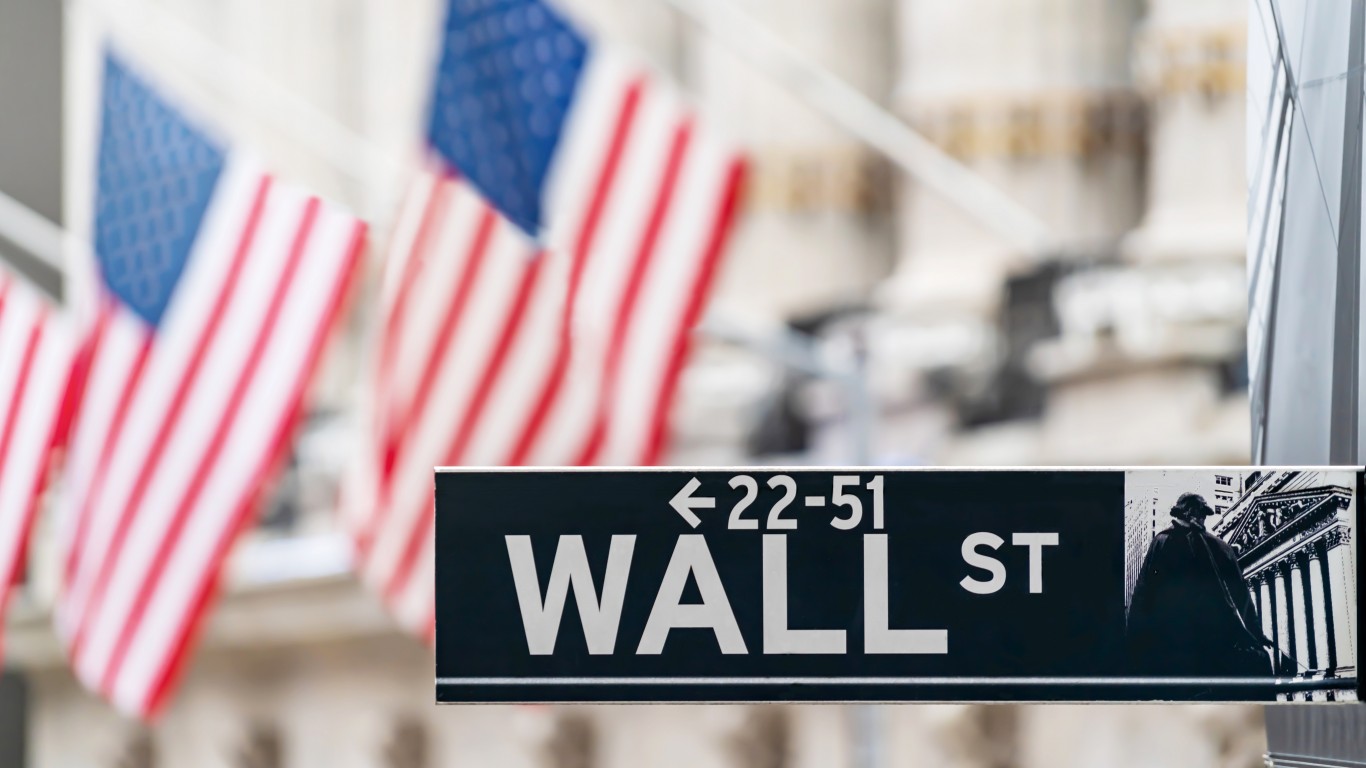Schwab’s 50% ETF Fee Cut Sends a Message to Rivals
There’s never a dull moment in the world of exchange traded funds (ETFs), it seems. Established fund creators like Charles Schwab (usually just referred to as “Schwab”), Fidelity, Vanguard, and BlackRock are constantly one-upping each other to expand the possibilities with ETF offerings. The ETFs that these firms offer can serve as the bedrock of […] The post Schwab’s 50% ETF Fee Cut Sends a Message to Rivals appeared first on 24/7 Wall St..
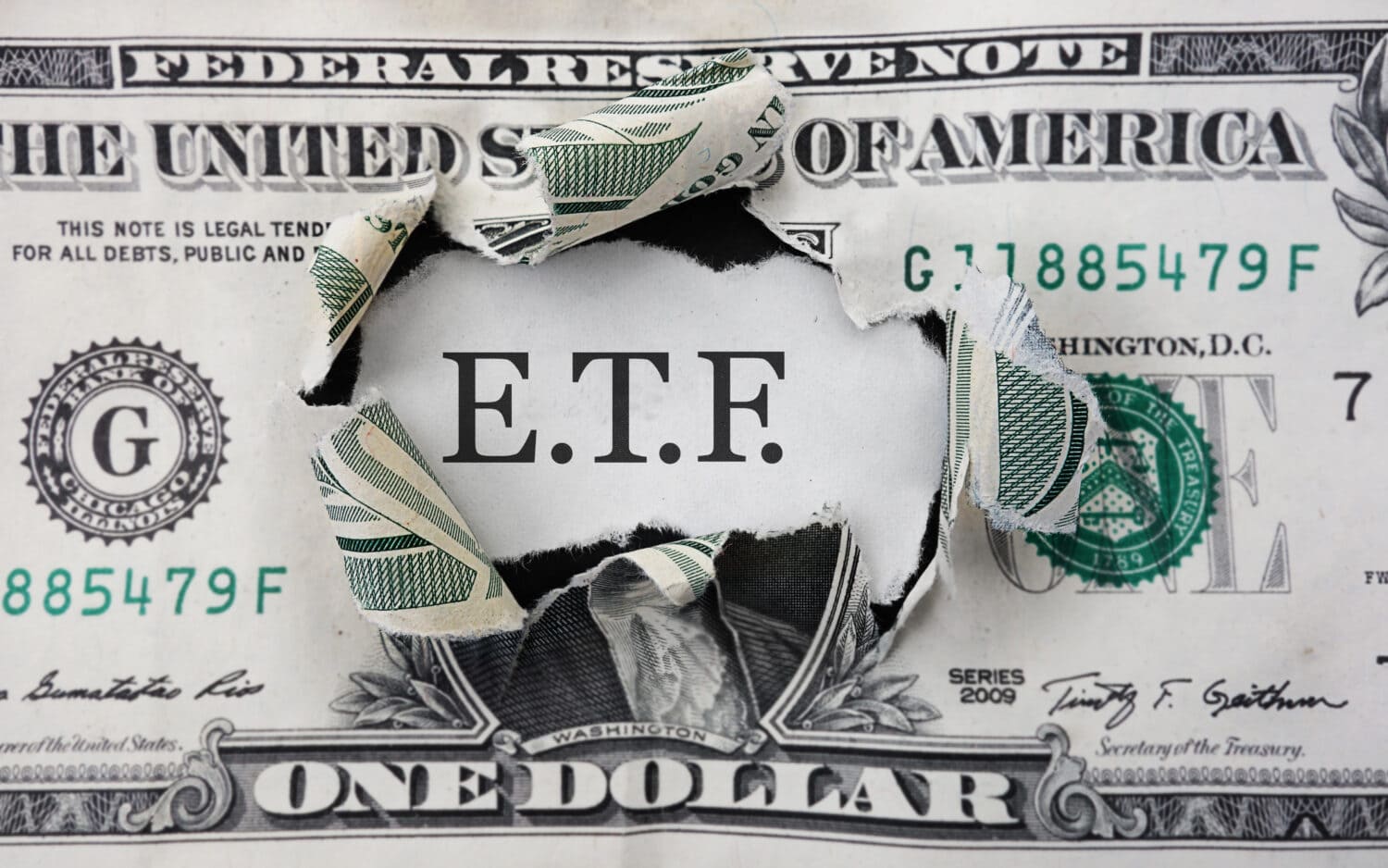
Key Points
-
With its latest move, Schwab is expected to sacrifice millions of dollars of ETF fee revenues.
-
However, Schwab could make ETF investing more accessible, thereby creating an advantage over the firm’s competitors.
-
Are you ahead, or behind on retirement? SmartAsset’s free tool can match you with a financial advisor in minutes to help you answer that today. Each advisor has been carefully vetted, and must act in your best interests. Don’t waste another minute; get started by clicking here.(Sponsor)
There’s never a dull moment in the world of exchange traded funds (ETFs), it seems. Established fund creators like Charles Schwab (usually just referred to as “Schwab”), Fidelity, Vanguard, and BlackRock are constantly one-upping each other to expand the possibilities with ETF offerings.
The ETFs that these firms offer can serve as the bedrock of just about any portfolio. However, these funds typically deduct fees from the share price, and these management fees can eat into an investor’s net returns over time.
That’s why fees are such a hot topic in the ETF community. And with one particular fund provider potentially changing the game with substantially lower fees, ETF managers will undoubtedly have to respond or get left behind.
Schwab’s Salvo in the ETF Wars
Long gone are the days when financial firms could charge exorbitant expense ratios (i.e., annualized management fees deducted from share prices of funds). Sure, fund managers deserve to be compensated for overseeing ETFs, but with so much competition in the space, today’s consumers aren’t typically willing to pay high fees.
Due to consumers’ demand for low-fee ETFs in the 2020s, these funds have caught the attention of registered investment advisors (RIAs) who represent fee-averse clients. Thus, today’s ETF wars entail a “race to the bottom” as reduced fees can attract retail users as well as RIAs.
On the vanguard (no pun intended) of the ETF wars is Schwab, which upped the ante with its Schwab U.S. Dividend Equity ETF (NYSEARCA:SCHD). Even among reduced-fee funds, SCHD’s annual expense ratio of 0.06% is remarkably low.
John Sturiale, head of product management and innovation at Schwab Asset Management, seems to view Schwab’s low-fee funds as part of a broader movement. “Schwab is proud to be a leader in democratizing investing, and we are constantly looking for new opportunities to make investing as accessible as possible,” Sturiale proclaimed.
Moreover, Schwab is constantly pushing the envelope when it comes to financial accessibility in the ETF universe. In that vein, Sturiale just announced that Schwab is “taking another important step in advancing our commitment” to the democratizing of investing.
Specifically, Schwab is reducing the fees on four of its ETFs. The fee cuts range from 27% to as much as 50%, likely a move on Schwab’s part to bolster the firm’s reputation among RIAs as a discount broker of choice.
Appeasing the Advisors
In what may be viewed as an extreme example, Schwab slashed the fees on its Schwab International Equity ETF (NYSEARCA:SCHF) by 50% to just 0.03%. Clearly, Schwab is sending a message to its rivals: if you’re going to compete in the ETF wars, you’d better go big or go home.
To provide a basis of comparison, the annual fees for Schwab’s SCHF ETF will now be 25% lower than the fees of Vanguard’s comparable ETF, the Vanguard FTSE All-World ex-US Index Fund ETF Shares (NYSEARCA:VEU). Furthermore, SCHF’s fees are now 90% lower than the fees for BlackRock’s similar fund, the iShares MSCI ACWI ex U.S. ETF (NASDAQ:ACWX).
To be honest, it’s unlikely that Schwab’s sole rationale for its ultra-low-fee funds is simply to make ETF investing more democratic. A more realistic motive for Schwab would be to appease RIAs, who may be disgruntled in the wake of Schwab’s acquisition of TD Ameritrade.
During that merger Schwab acquired roughly 7,000 RIAs. Some of those advisors may be unhappy because mergers of this scope tend to induce dislocations of RIAs’ clients.
Quoting Scott MacKillop, former CEO of First Ascent Asset Management, Schwab’s acquisition of TD Ameritrade led to “service issues that still leave a bad taste in the mouths of some advisors.” Consequently, Schwab’s deep ETF fee cuts are probably a move to keep as many RIAs in the fold as possible.
A Worthwhile Sacrifice
Slashing ETF fees has its downsides, of course. The 50% fee reduction for the Schwab International Equity ETF, by itself, will cost Schwab an estimated $13.7 million in fee revenues.
All told, Schwab is anticipated to lose nearly $20 million in fee-based revenues due to the firm’s latest round of fee reductions. Yet, MacKillop evidently believes it’s a worthwhile sacrifice for Schwab, opining, “The long-term value of those relationships [with RIAs] is far greater than the short-term loss in ETF product revenue.”
Schwab’s big salvo doesn’t mean the ETF wars are over, however. MacKillop observes “established players like Fidelity and BNY Mellon… upping their games” in the ETF space, while “smaller players like Apex, Goldman, and SEI are still out there trying to gain traction.”
In other words, Schwab’s rivals are sure to retaliate with fee adjustments of their own. With that, don’t be too surprised if the ongoing ETF wars of the 2020s persist for a long time to come.
The post Schwab’s 50% ETF Fee Cut Sends a Message to Rivals appeared first on 24/7 Wall St..







